
In the PRESTO project, the partners worked on the development of effective and efficient music teaching and learning methods for young learners. Touching on three major areas of music education, more than 750 high-quality and versatile products have been produced (classroom videos, methodological notes, lesson plans and animations) to support the classroom and online music education, as well as to support music learning at home.
Innovation in music education or how the alpha generation learns?
We talked with Orsolya Freytag, Department Head of International and Institutional Development, about the project results.
How the idea of the project was born?
PRESTO is the continuation of a previous project, the Kodály HUB, which aims to create an online knowledge base where music teachers can access Kodály-based teaching materials. After the success of this project, we came up with the idea to develop our teaching materials with our foreign partners, as we saw that there was a huge demand for them. The other big impetus came from the pandemic when it became clear that online learning materials and online education are indispensable. It was also important to ensure that music teachers could continue to learn through online learning materials.
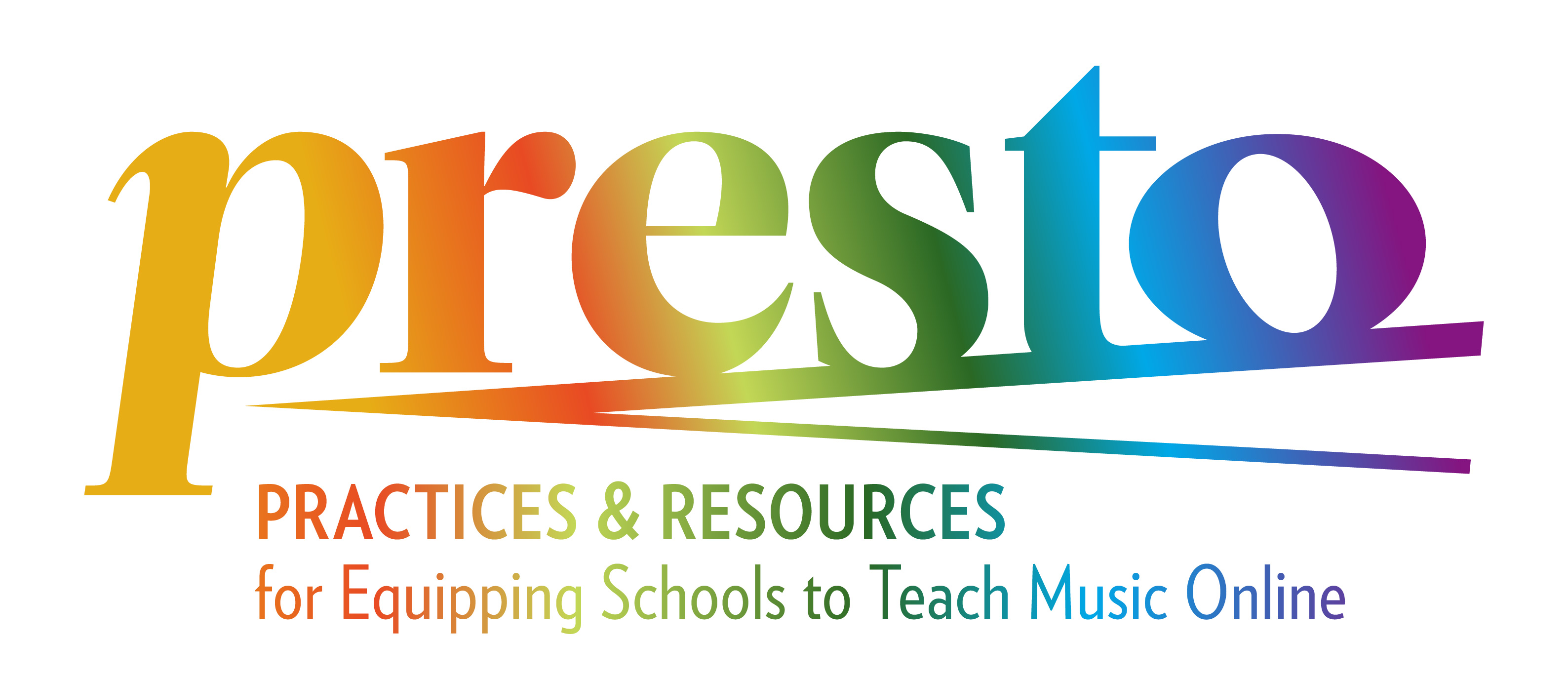
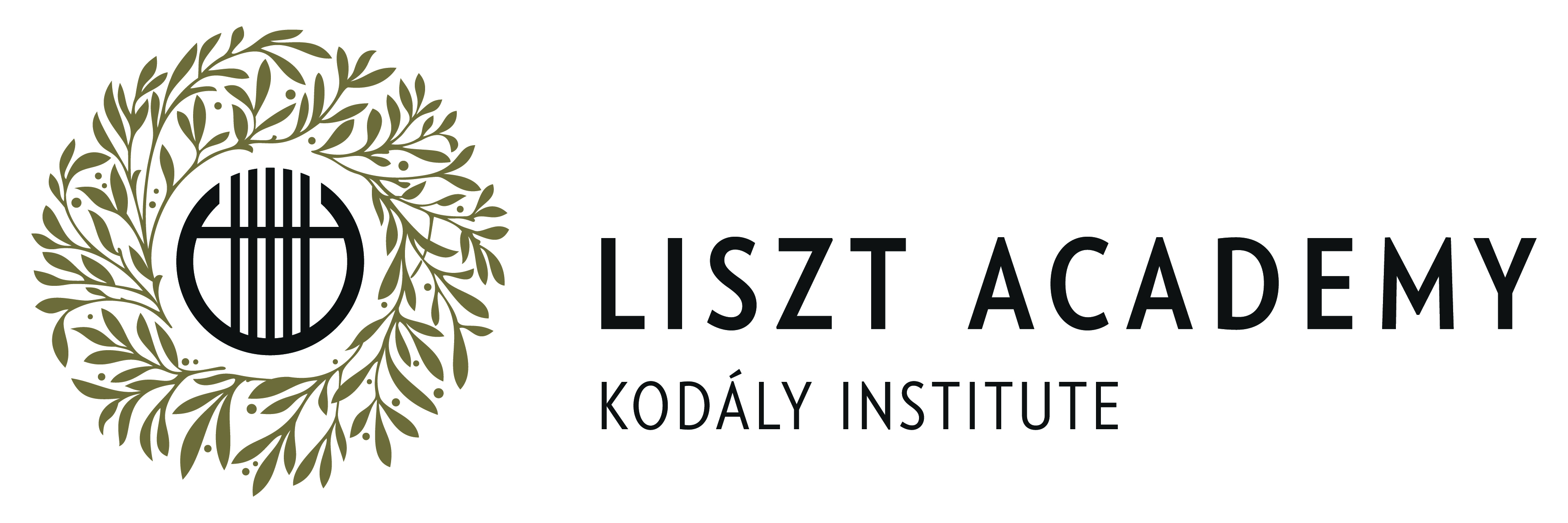
What did the Award of Excellence mean to you?
We were very pleased to win the Award of Excellence. It was a great feeling, and it confirmed that we are on the right track. We will definitely continue. Erasmus+ opens up the world: it brings together a good international team, who want to work together in the future.
What activities have been conducted during the project?
Curriculum development has taken place in three large groups. A music education programme package was put together, mainly for teachers, which gives them the tools they need to teach music online, but they can also use it in the classroom. Another package was created for choir singing, and a third package for instrumental music. All these involved hundreds of videos, a lot of teaching materials were produced.
Were there any memorable moments that you would like to share?
The personal encounters were the most important for the team. This might sound a bit contradictory because the aim and activities of the project are firmly related to online education. But it was always an important source of strength and momentum for the work.
The other important moment was when the materials were uploaded to the website, and in the first few hours, thousands of downloads were generated. It was a great feeling to face this immediate success.
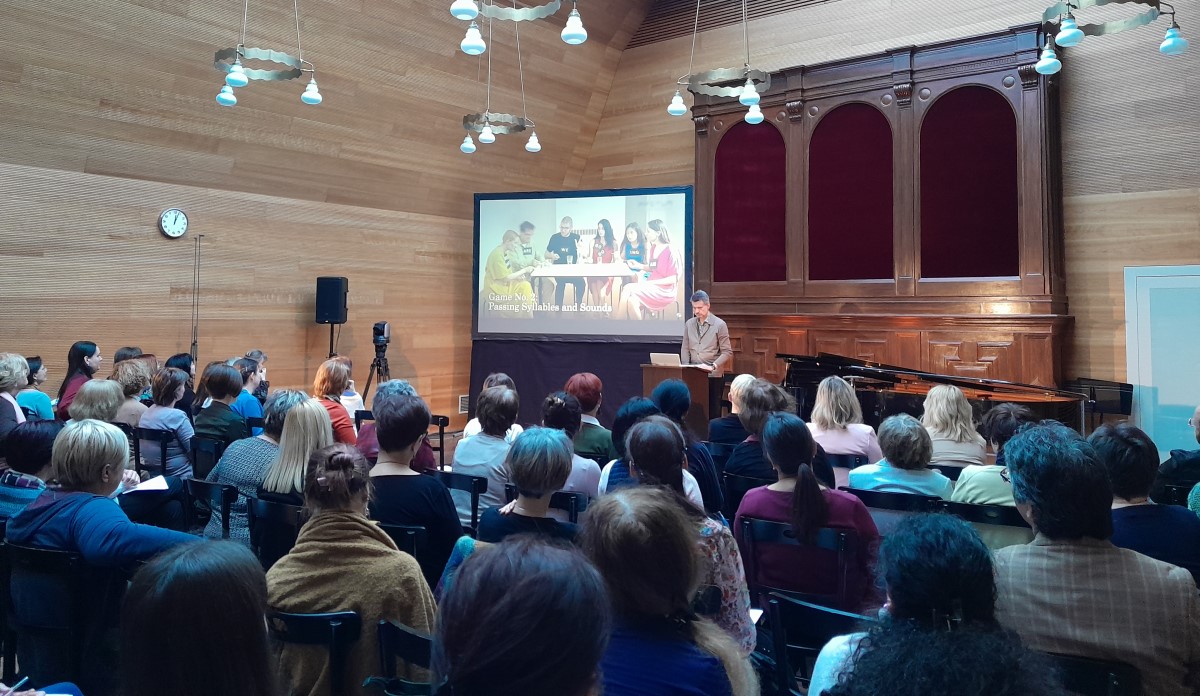
What is the biggest benefit of the project for the target group?
We can offer a variety to music teachers and all children learning music. A huge generational shift has taken place in recent times, and the digital skills revolution was also accelerated by the epidemic. The alpha generation was born into this environment, and we need to help teachers to change their mindsets and to try online music education, so they can also experience that the digital world is not necessarily bad.
Materials were also developed for parents. What feedback did you receive?
We started this in the previous project and our aim was that parents could also help their children with music learning at home. We tried to develop more playful materials for this, so parents really enjoyed the process.
Which of the results are you most proud of?
Probably the huge amount of learning materials that we've developed. We were able to implement and produce more than we had planned and that is a real success. We are very proud of it.
Can you tell us a little bit about the partnership? What was special about it?
The project was implemented with four partners. The partners in the partnership were Caprice Oy from Finland, the University of Dublin, the National Youth Choir of Scotland, Glasgow, and Sing Ireland from Ireland. As you can see the institutions mentioned, the partnership had a cross-sectoral nature: it involved higher education institutions, NGOs (choirs)and business organisations. That is why the project results were diverse and can be used in many different fields.
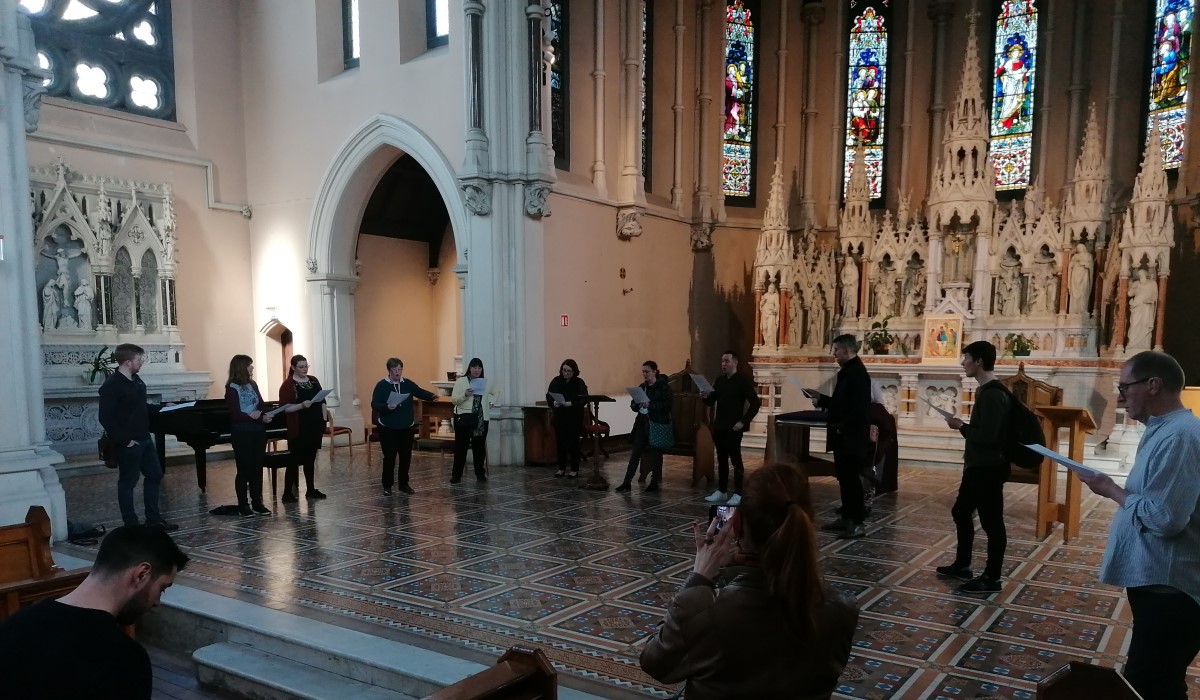
What are the future objectives and plans? Are you planning to continue the joint work and disseminate the results?
Thanks to projects built on each other, the amount of learning materials - and thus our online knowledge base - is growing. And we want to continue to develop it - it is a very forward-looking and long-term process.
Fortunately, dissemination is an easy task since we have a working platform with a lot of subscribers, but we also continue to promote the platform. Thanks to this, the results will live on in the long term. Our goal is to make the curricula we produce to be used by as many people as possible.
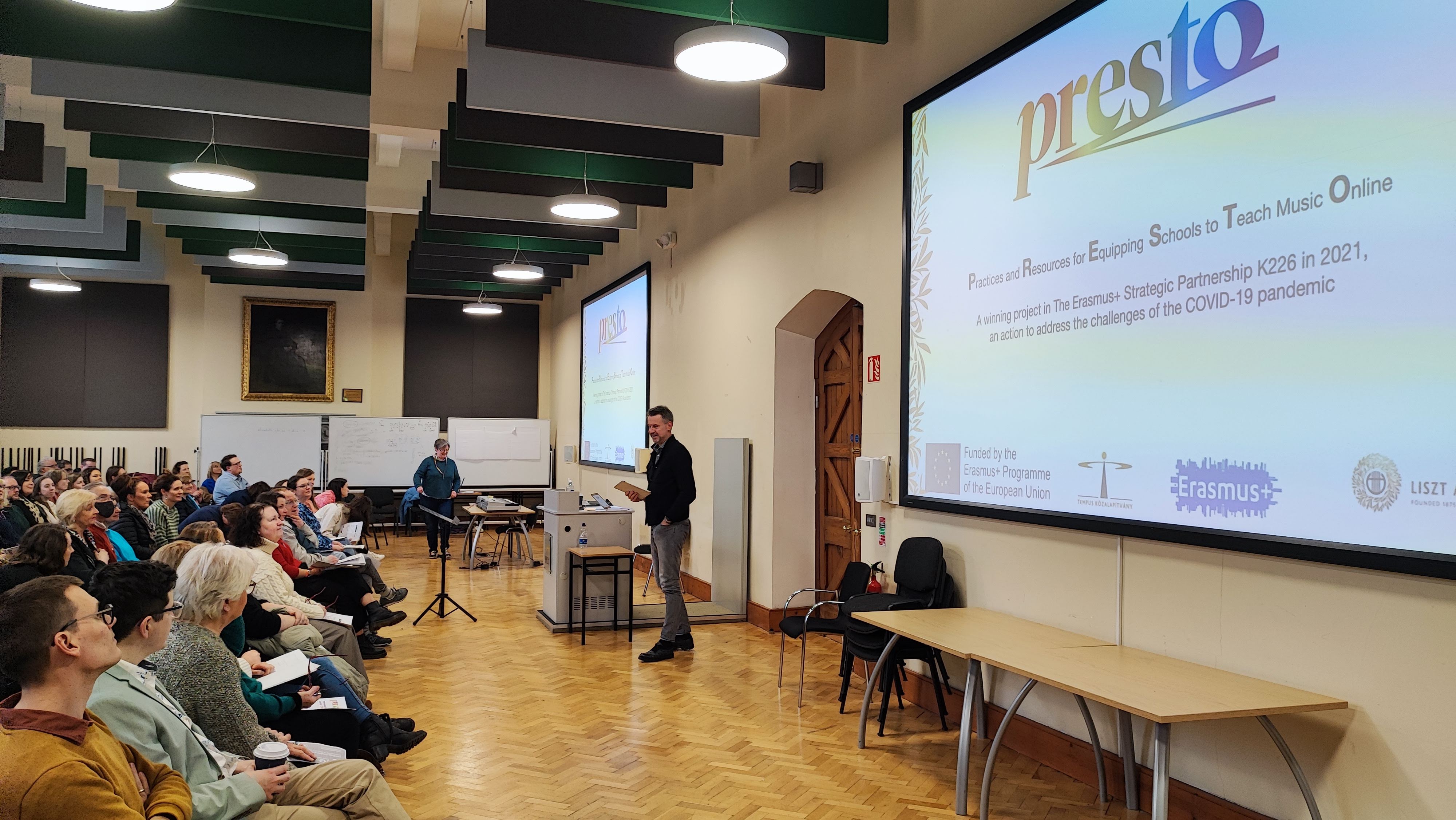
What are the benefits of the application for the institution and your colleagues?
The reason the Erasmus+ project was extremely useful for us is that we were able to finish the work, which we would have been done anyway, but in a much shorter time. Not only the financial resources but also the human resources were provided.
The colleagues who were working in the team had a fantastic time. Even though it is a lot of work, it is an effective way to build international relationships.
| Applicant institution: Liszt Ferenc Academy of Music Project title: PRESTO: Practices and Resources for Equipping Schools to Teach Music Online Coordinator: Zsófia Várkonya, Project Coordinator |
Last modified: 16-08-2024















